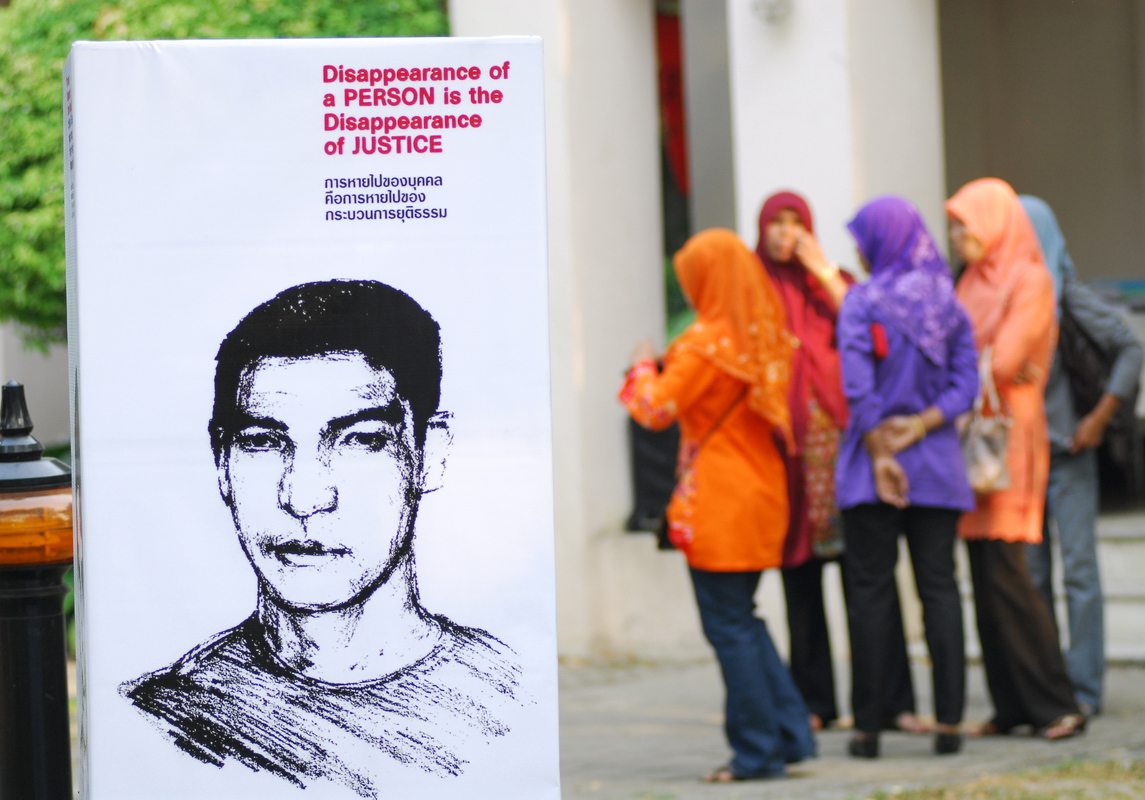The ICJ today urged the Government of Nepal to ensure that laws related to a Truth and Reconciliation Commission and a Disappearances Commission are adopted through regular democratic legislative processes.
The ICJ also reiterated that adoption of such legislation should follow broad based national consultation and should meet Nepal’s human rights obligations.
“In a democratic country legislation of national importance should only be adopted following public debate, including by the country’s legislature”, said the ICJ.
“The introduction of laws related to a Truth and Reconciliation Commission and a Disappearances Commission via ordinance violates Nepal’s Supreme Court directives and the Interim Parliament’s instructions”, continued the ICJ.
While the ICJ welcomes steps taken by the Government to begin consultation with civil society, including victims, the ICJ is concerned that the consultation process has been insufficient in several areas including: the range and depth of issues discussed, the broadness of participation in the consultations, and the number and the geographical location of consultations.
“To ensure national legitimacy legislation establishing transitional justice mechanisms requires broad based national consultation with all stake holders, particularly victims of the conflict and their families, during the drafting process”, said the ICJ.
To combat the culture of impunity in Nepal it will be essential that the legislation addresses past gross violation of international human rights and humanitarian law including crimes against humanity and that the Commission has the necessary powers to recommend that Nepal’s criminal justice system bring the perpetrators identified by the Commissions to justice. The Commissions should also be able to initiate independent and impartial investigations and be mandated to provide reparations to the victims.
“All elements of transitional justice including the truth, justice and reparation need to be addressed by the legislation”, said the ICJ.
Background
On 1 June 2007, the Supreme Court issued a directive order to the Government of Nepal to enact legislation that would criminalize enforced disappearance and establish a Commission of Inquiry into past disappearance. On 27 November 2007, the Parliamentary Committee on Law and Justice instructed the Government of Nepal to withdraw the amendment proposal to the Civil Code regarding disappearance and draft a new law on enforced disappearance that is in line with the International Convention for the Protection of all Persons from Enforced Disappearance and the 1 June judgment of the Supreme Court.
The ICJ welcomed both the Supreme Court judgment and the instruction by the interim Legislature-Parliament and urged the government to implement the ruling and the instruction accordingly. ICJ also urged the Government to ensure that the mandate of the Commission include serious violations of international humanitarian law and to prioritise establishing the whereabouts of those disappeared during a decade-long armed conflict.
On 23 December 2007 the Government signed a 23 point agreement with the Communist Party of Nepal (Maoist) that required the Government to form a Truth and Reconciliation Commission and Disappearances Commission within one month of the agreement. As Parliament is now prorogued, the ICJ understands that the high-level political task force under the Peace Ministry has recommended the Government to establish such Commissions by an Ordinance or an executive order.





